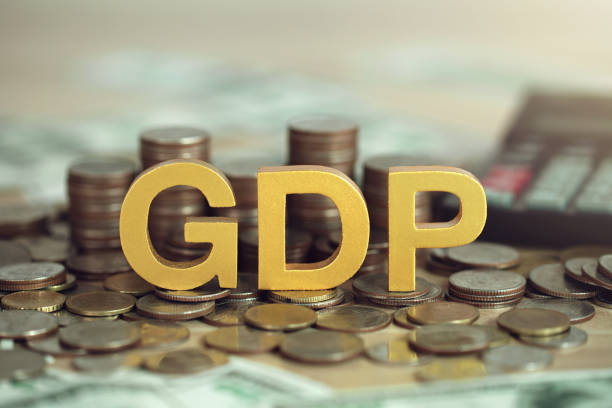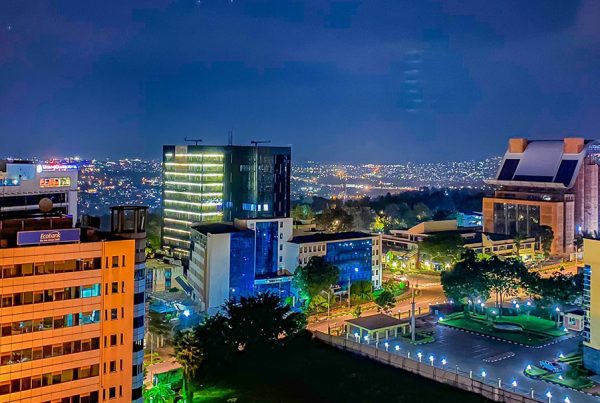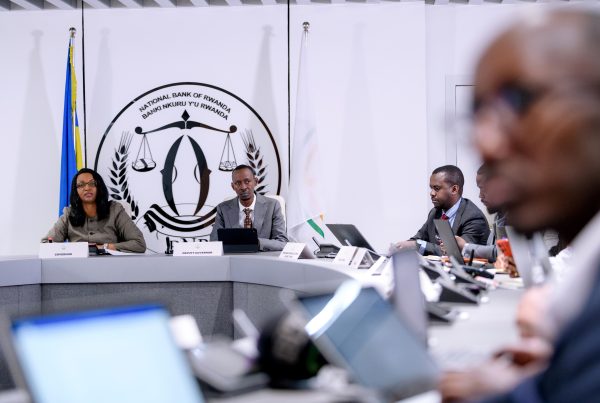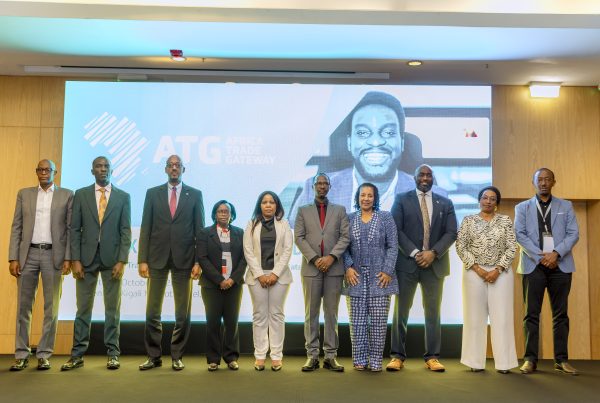Rwanda’s economy grew 7.8 percent in the second quarter of 2025, cooling from the 10.2 percent expansion a year earlier as services, agriculture and industry all posted solid gains, underscoring the country’s resilience amid regional headwinds.
Gross domestic product at current market prices rose to Rwf5.8 trillion in the three months through June, from Rwf5 trillion in the same period last year, according to data published today by the National Institute of Statistics of Rwanda.
Services remained the dominant growth engine, contributing half of output, followed by agriculture at 23 percent and industry at 21 percent.
The services sector expanded 9 percent, adding 4.3 percentage points to overall growth, powered by double-digit gains in trade, finance, and ICT. Wholesale and retail trade surged 13 percent, while information and communication climbed 11 percent.
Public administration jumped 16 percent and health services rose 10 percent, offsetting a 7 percent decline in hotels and restaurants after an unusually strong rebound last year. Transport activities grew 5 percent, though air traffic contracted 13 percent while land transport rose 10 percent.
Agriculture, which accounts for nearly a quarter of GDP, grew 8 percent and added 1.7 percentage points to headline growth. Export crops led the surge, soaring 42 percent, while food crops rose 3 percent.
Industry expanded 7 percent, contributing 1.5 percentage points to GDP growth, with robust gains across mining, manufacturing, and construction. Mining and quarrying climbed 12 percent, construction advanced 5 percent, and manufacturing grew 8 percent.
Within manufacturing, growth was uneven: food processing rose 10 percent, chemicals and plastics 24 percent, nonmetallic minerals such as cement 23 percent, and machinery 19 percent. At the same time, textiles and leather shrank 9 percent, while beverages and tobacco slipped 4 percent.
The cooling headline rate from last year’s double-digit surge reflects a normalization after a period of exceptional post-pandemic recovery, while the broad-based strength across sectors points to continued economic momentum. The figures come as Rwanda seeks to deepen its position as a financial hub and logistics gateway in the region, leveraging investments in infrastructure and capital markets to sustain medium-term growth.





